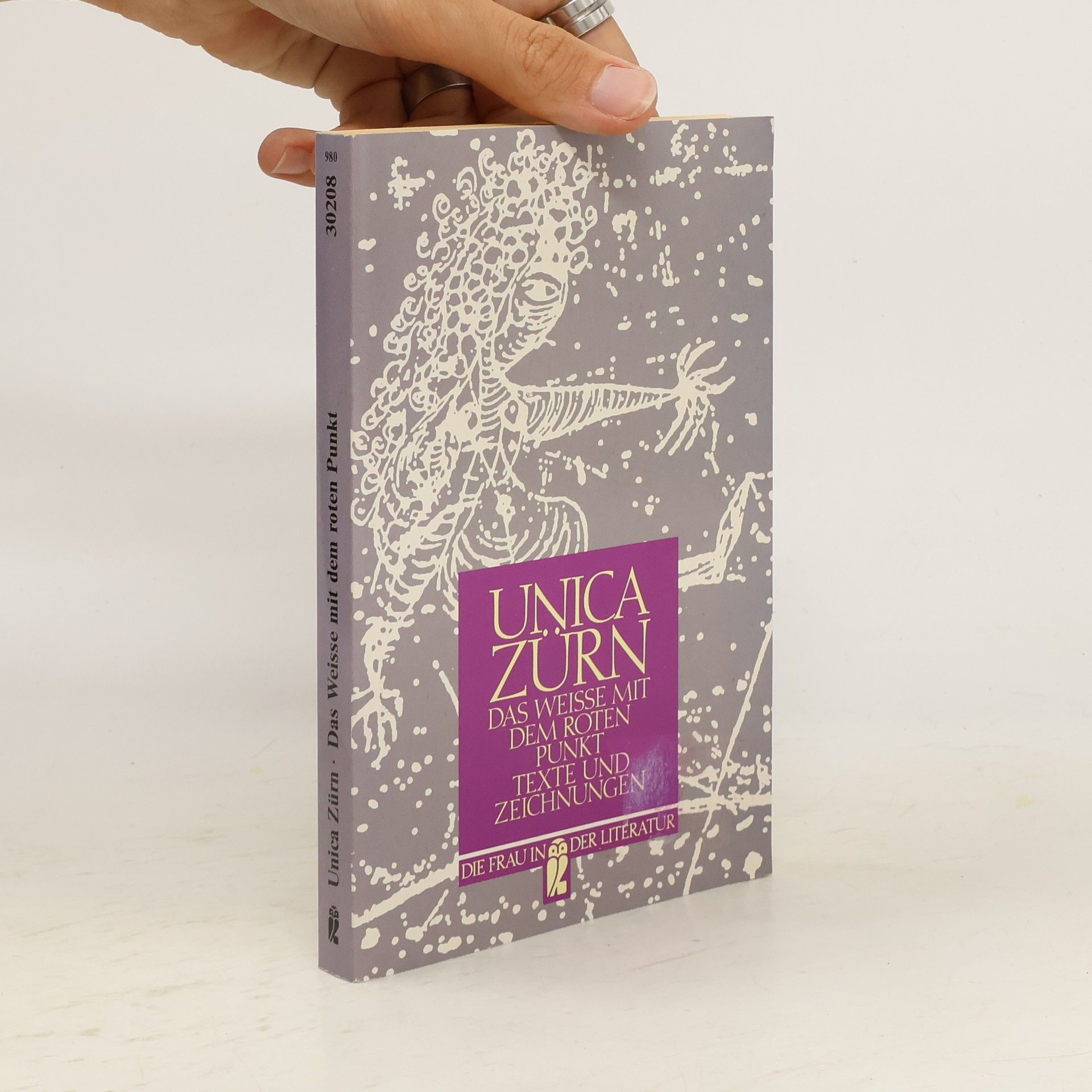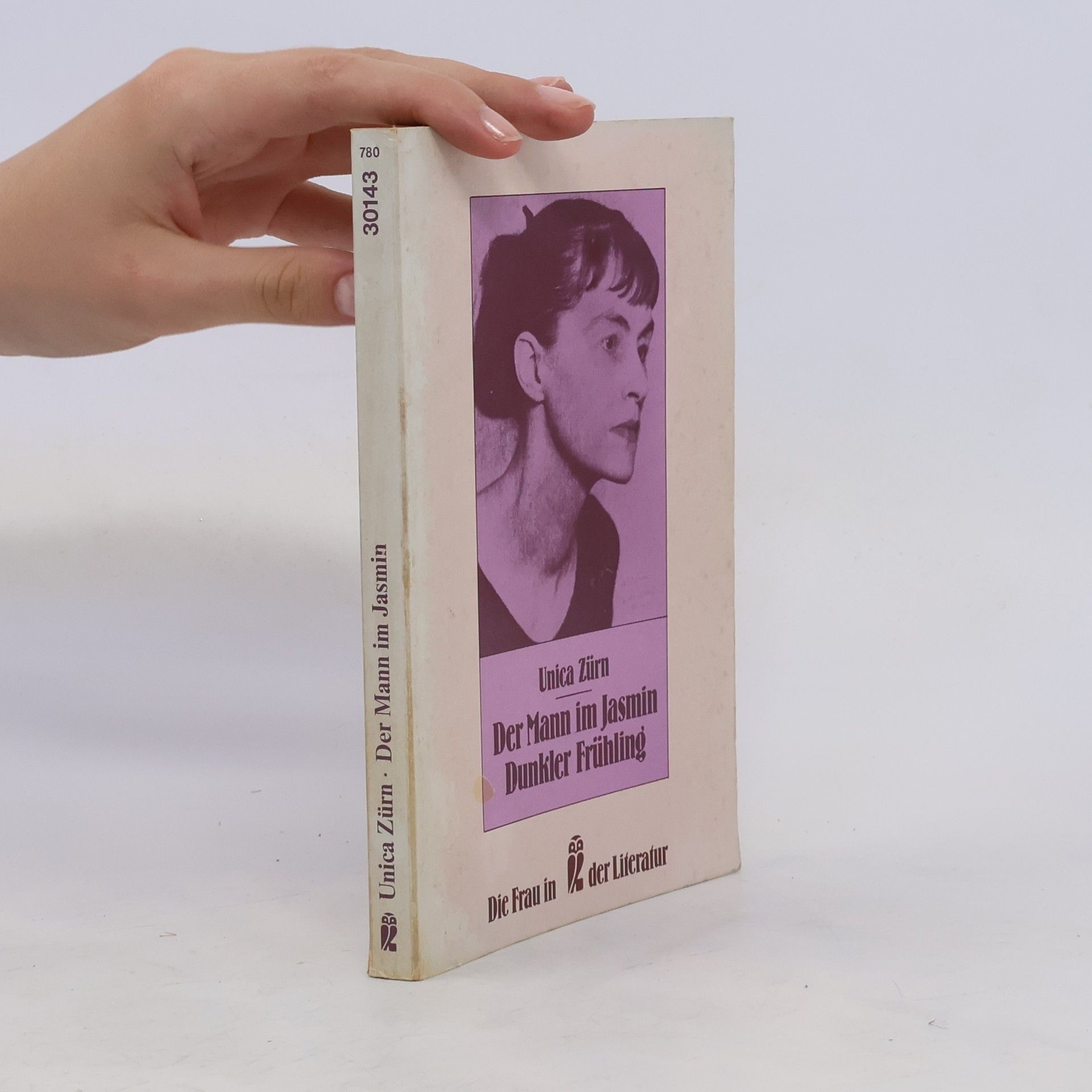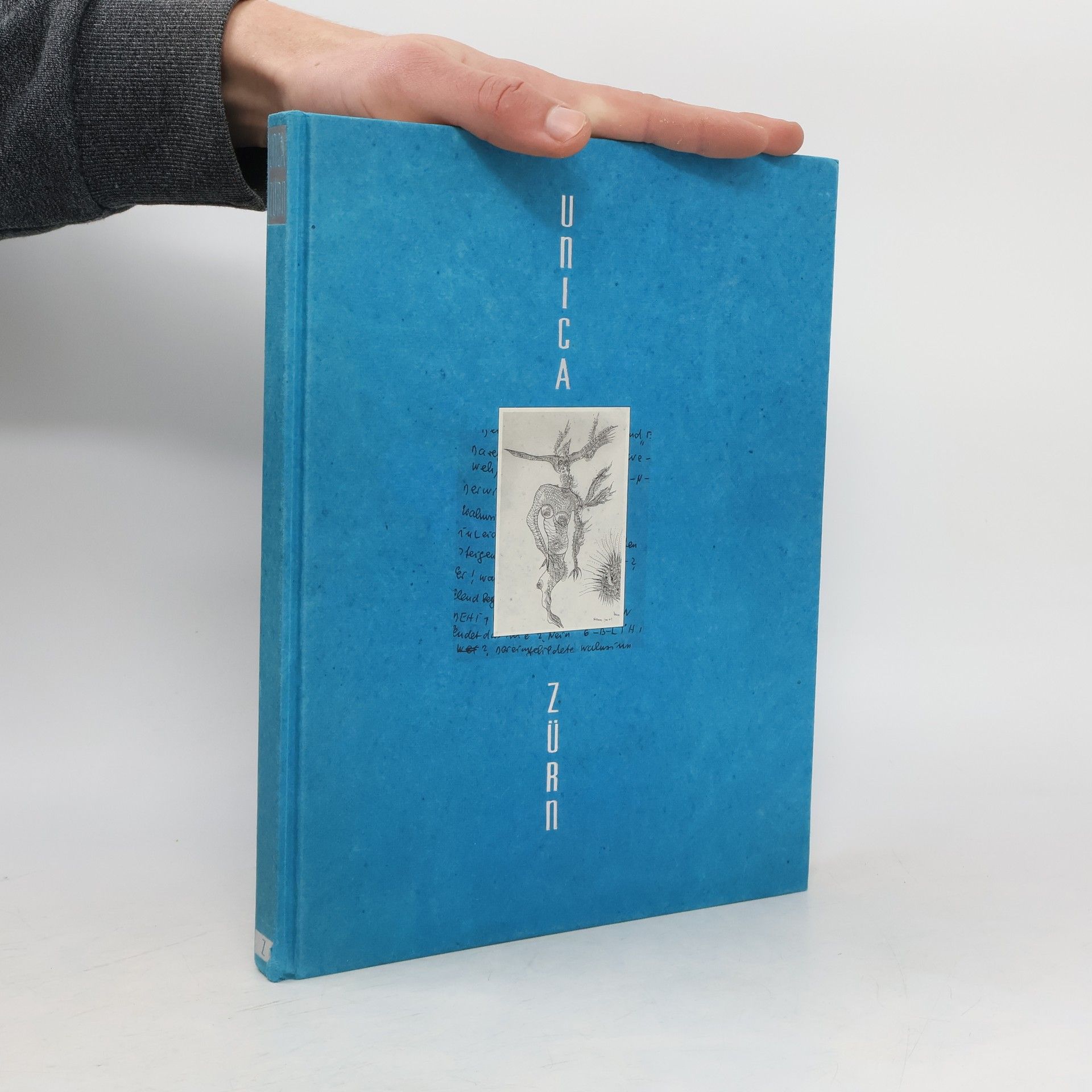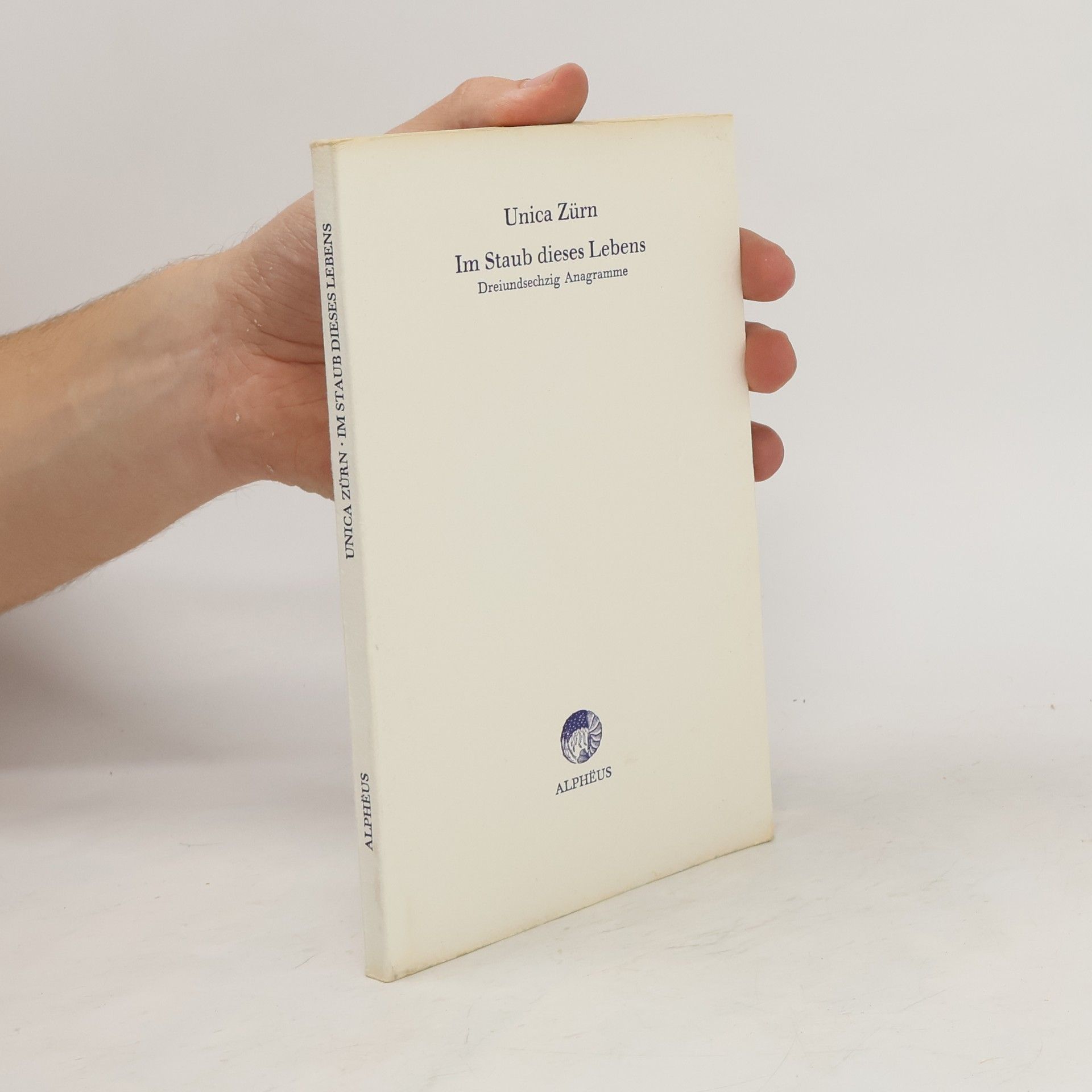A complete facsimile of the manuscript and illustrations, interleaved with a translation by Malcolm Green.00It is 25 years since Atlas Press first published Unica Zürn?s autobiographical account of the commencement of her long history of mental crises ('The Man of Jasmine', soon to be republished). In the meantime she has come to be recognised as a great artist at least the equal of her partner, the Surrealist Hans Bellmer. Zürn?s initial mental collapse was initiated when she encountered ?the Man of Jasmine? in the real world in the person of the writer Henri Michaux. Her meeting with him plunged her into a world of hallucination in which visions of her desires, anxieties and events from her unresolved past overwhelmed her present life. ?The House of Illnesses? was the first of her notebooks to confront this oncoming catastrophe which, paradoxically, she in part welcomed, since it gave her access to an inner existence essential to her artistic output.00In 1970 she committed suicide by throwing herself from the sixth-floor apartment that she shared with Bellmer
Unica Zürn Libros
Unica Zürn fue una autora y pintora alemana, recordada por sus obras de poesía anagramática y sus exposiciones de dibujo automático. Su legado artístico también incluye colaboraciones fotográficas con Hans Bellmer. La obra de Zürn es notable por su enfoque experimental que fusiona el arte visual y la palabra escrita, ofreciendo una perspectiva única.






Dark Spring
- 128 páginas
- 5 horas de lectura
Dark Spring is an autobiographical coming-of-age novel that reads more like an exorcism than a memoir. In it author Unica Zurn traces the roots of her obsessions: The exotic father she idealized, the "impure" mother she detested, the masochistic fantasies and onanistic rituals which she said described "the erotic life of a little girl based on my own childhood." Dark Spring is the story of a young girl's simultaneous introduction to sexuality and mental illness, revealing a different aspect of the "mad love" so romanticized by the (predominantly male) Surrealists. Unica Zurn (1916-1970) emigrated in 1953 from her native Berlin to Paris in order to live with the artist Hans Bellmer. There she exhibited drawings as a member of the Surrealist group and collaborated with Bellmer on a series of notorious photographs of her nude torso bound with string. In 1957, a fateful encounter with the poet and painter Henri Michaux led to the first of what would become a series of mental crises, some of which she documented in her writings. She committed suicide in 1970--an act foretold in this, her last completed work.
The trumpets of Jericho
- 55 páginas
- 2 horas de lectura
This fierce fable of childbirth by German Surrealist Unica Zürn was written after she had already given birth to two children and undergone the self-induced abortion of another in Berlin inthe 1950s. Beginning in the relatively straightforward, if disturbing, narrative of a young woman in a tower (with a bat in her hair and ravens for company) waging a psychic war against the parasitic son in her belly. The Trumpets of Jericho dissolves into a beautiful nightmare of hypnotic obsession and mythical language, stiched together with anagrams and private ruminations. Arguably Zürn's most extreme experiment in prose, and never before translated into English, this novella dramatizes the frontiers of the body--its defensive walls as well as it cavities and thresholds--animating a harrowing and painfully honest depiction of motherhood as a breakdown in the distinction between self and other, transposed into the language of darkest fairy tales. -- Provided by publisher
Nachw. v. Henry, Ruth ; Rabain, Jean-Francois. ( Die Frau in der Literatur).
Unica Zürn
- 223 páginas
- 8 horas de lectura
TEXT IN GERMAN
I Unica Zürns texter skildras möten med konstnärer, kärlek, märkliga sammanträffanden, sinnessjukdom och vistelser på sjukhus på ett sätt som kan föra tankarna till Sylvia Plaths "Glaskupan", Leonora Carringtons "Down Below" och Janet Frames och Anna Kavans verk. Zürns hallucinatoriska prosa målar upp bilden av ett mörkt medvetande med många hemligheter, ofta ångestdrabbat och besatt av att skriva anagram samt tolka siffror och teckens dolda betydelser.”Men när man inte längre står ut med det normala livet – väljer man ‘den andra sidan’.”Så skriver Unica Zürn i ”MistAKE” (1964) i ett första utkast till romanen Jasminmannen som, samman med Mörk vår, gavs ut i översättning av Helena Eriksson på Vertigo för tio år sedan. Semester på Maison Blanche kan ses som uppföljaren. I sitt efterord till dessa överväldigande prosatexter berättar översättaren Helena Eriksson om Zürns liv och verk.


